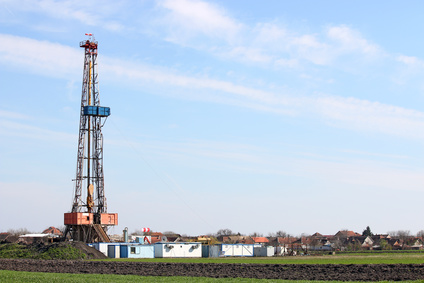Canadian Hydrocarbons: A Tale of Missed Opportunities

Op-ed published exclusively on our website.
The development of hydrocarbons in Canada has seen better days. In 2017 alone, four large energy projects worth a total of $84 billion were abandoned. This year, the Kinder Morgan pipeline was abandoned and then bought by the federal government, but with no guarantee that this move will get the project built in the face of continued opposition from activists in British Columbia.
Things in Quebec are, if anything, even worse than in the rest of the country. With an election coming up, it would seem to be a good opportunity to hear the candidates debate whether or not there is a need to develop the province’s natural resources. Unfortunately, not only are we unlikely to hear the topic discussed, but it is likely too late anyway for Quebec when it comes to hydrocarbons. We have missed the boat by adopting from the start a completely irrational approach to this file.
Last year, the Quebec government placed Anticosti Island off limits to oil and gas exploration, thus slamming the breaks on economic development and sending a negative signal to investors after years of uncertainty on this file. This past June, it furthermore announced that it was putting a definitive end to the development of shale gas using hydraulic fracturing across the province.
Recall that Quebec had initially promoted the development of Anticosti Island’s hydrocarbons, only to then unfortunately decide to waffle. One day, the province was interested in a project; the next, it had to become a shareholder in order to give its okay; the day after that, it was no longer interested and was looking to shirk its obligations…
The exaggeration of the risks associated with fracking technology, coupled with inertia and moratoriums, have had an effect. This way of operating that our politicians have adopted is a perfect recipe for chasing away potential investors in every region and holding back development—indeed, as predicted by the economic literature.
Today, even if the regulatory obstacles were removed, it is probably too late for the province. The window has closed. The United States, our potential market, is today self-sufficient, and even has surpluses that it is exporting.
The general adoption of fracking by our neighbours to the south has allowed them to produce billions of barrels of oil and billions of cubic feet of natural gas. The International Energy Agency (IEA) estimates that the growth of US oil production will cover 80% of the additional global demand for oil over the next three years, notably thanks to oil from Texas, which is produced using hydraulic fracturing.
Hydraulic fracturing is a technique that has been used for decades in the United States and elsewhere. But the “normality” of this technique, even if it includes a minimum of manageable risk like any other activity, seems to have been obscured—just as simple rationality seems to have been removed from this public policy debate.
Whether it’s fracking or pipeline projects, the result of indulging our overblown fears is that in addition to sending the wrong message to foreign investors, Canadians are missing good opportunities to enrich themselves by developing our natural resources and getting them to market.
Michel Kelly-Gagnon is President and CEO of the Montreal Economic Institute. The views reflected in this op-ed are his own.
____________________
Read more articles on the themes of “Environment” and “Energy Policies.”

